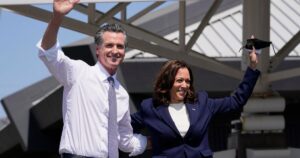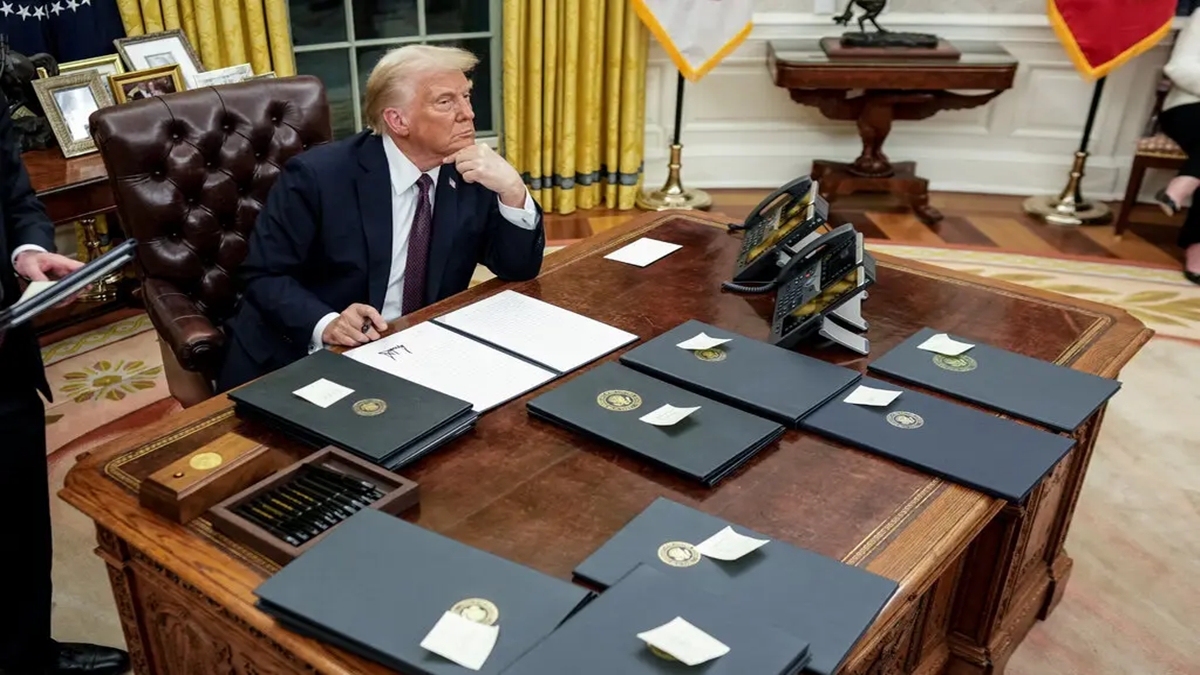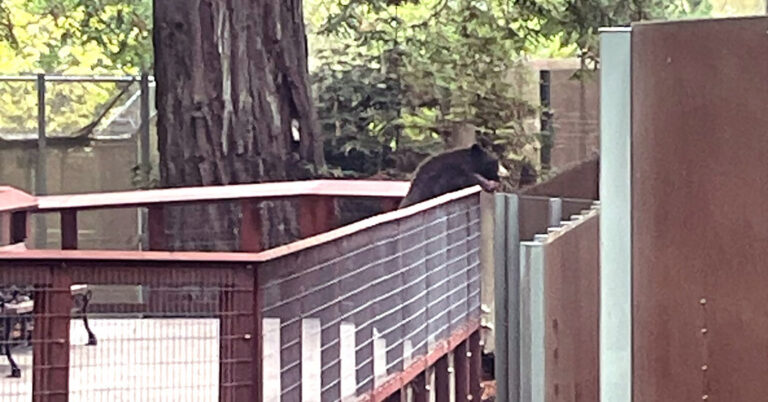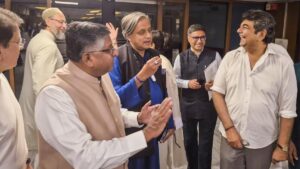On his first day in office, Trump signed an executive order denying citizenship to children born in the United States unless at least one of their parents is a citizen or legal resident. The Order was challenged in the courts. And, subsequently multiple lower courts stated that Trump’s executive order is unconstitutional. The case then went to the SCOTUS – Supreme Court of the United States.
Last week, the Supreme Court heard the first round of arguments on Trump’s birthright citizenship executive order. The hearings centered around whether lower court judges should have the authority to halt presidential directives for the entire nation.
John Sauer, President Donald Trump’s solicitor general, told the justices it’s “extremely urgent” that the court limit judges’ ability to pause the president’s policies while they’re being litigated. US Solicitor General D John Sauer argued on behalf of the Trump administration that lower courts had the authority to place time-consuming legal impediments in the way of the Trump administration’s goals.
The U.S. Solicitor General contended that lower courts exceeded their authority and that this power should be limited.
The justices probed Sauer for more than an hour, with liberal Justice Elena Kagan pointing out that the administration had lost on the birthright citizenship issue in every lower court. “Why would you ever take this case to us?” she was asking.
Justice Samuel Alito, one of the court’s most renowned conservatives, expressed skepticism of the lower court’s authority to impose worldwide injunctions.
“Sometimes they’re wrong,” he said, adding that some lower court judges were “vulnerable to an occupational disease, which is the disease of thinking that I am right, and I can do whatever I want.”
Meanwhile, the New Jersey solicitor general, speaking on behalf of a group of states, warned that backing Trump would result in a patchwork system of citizenship.
During Thursday’s two-hour session, justices from all ideological backgrounds appeared to be grappling with two challenges.
Firstly, the power of lower courts to block a presidential order was called into doubt nationwide. Secondly, the judges also reviewed the merits of the birthright citizenship order, which critics claim violates the 14th Amendment to the US Constitution and Supreme Court precedent.
Even as some justices considered the practical ramifications of permitting the government to deny citizenship to individuals born in the United States, according to some observers, the Supreme Court seemed willing to lift a number of nationwide orders that had stopped President Donald Trump from implementing his birthright citizenship policy.
Even after almost two hours of debate, it remained unclear how a majority of the court would resolve those conflicting interests. The justices are expected to rule by the end of June.












